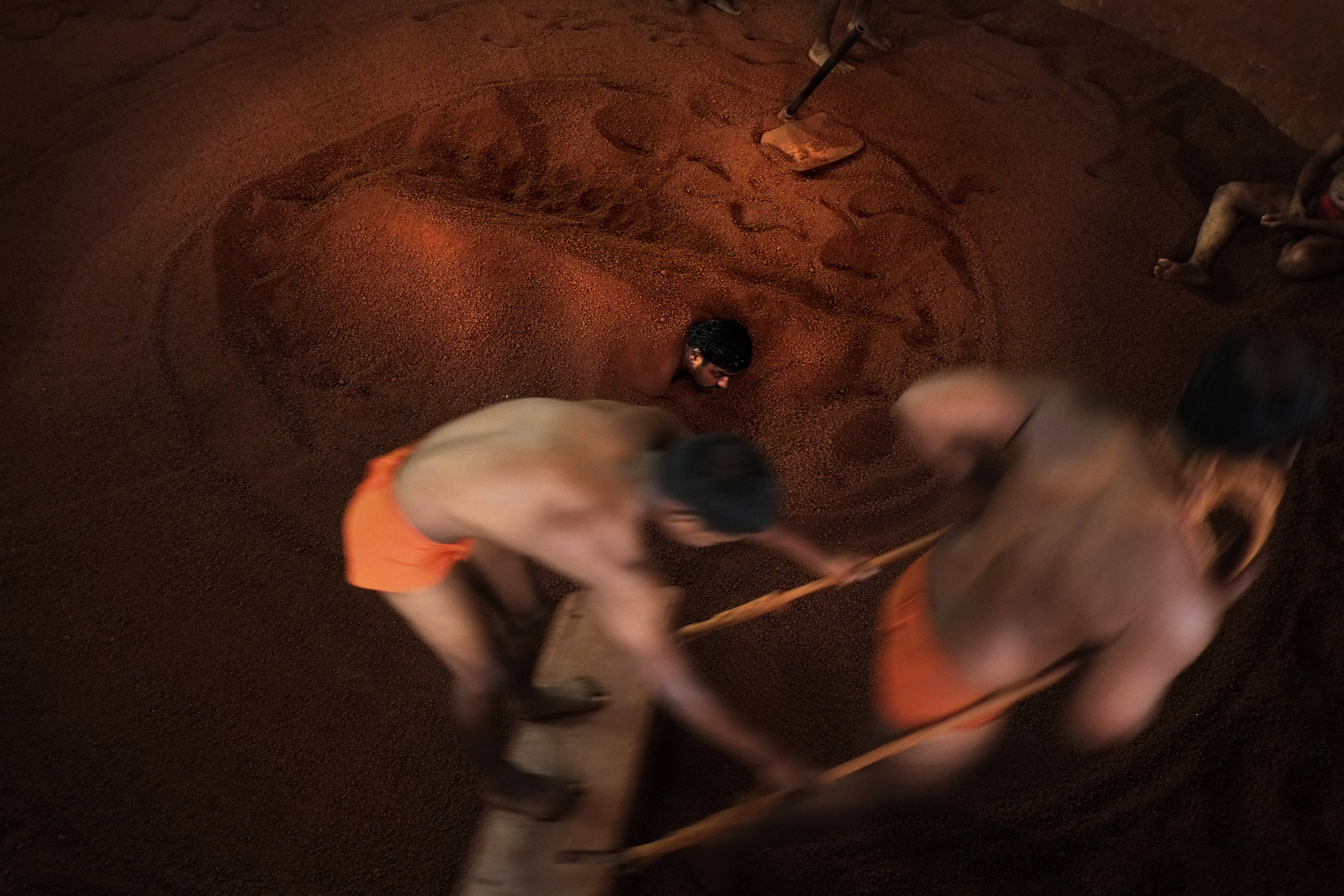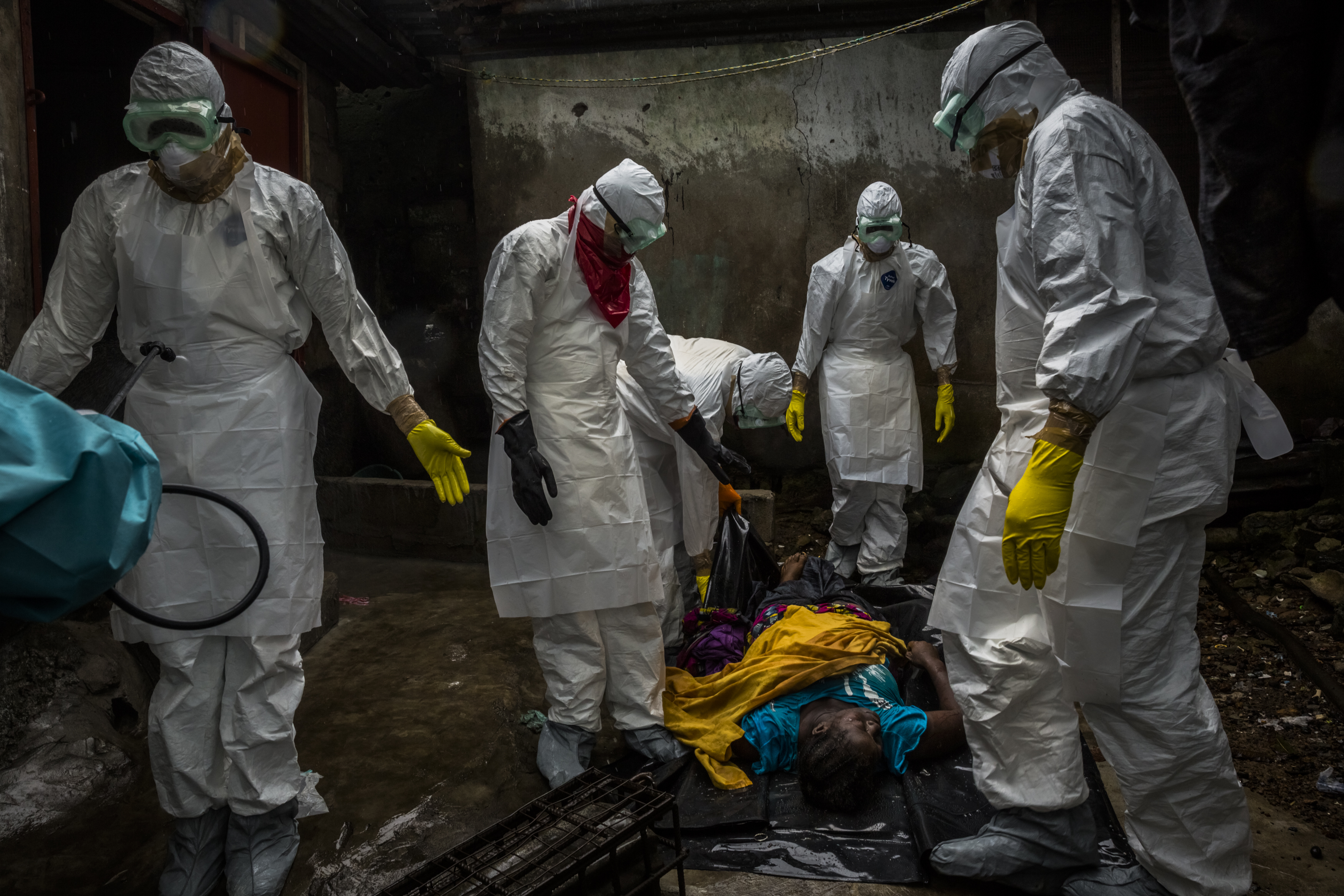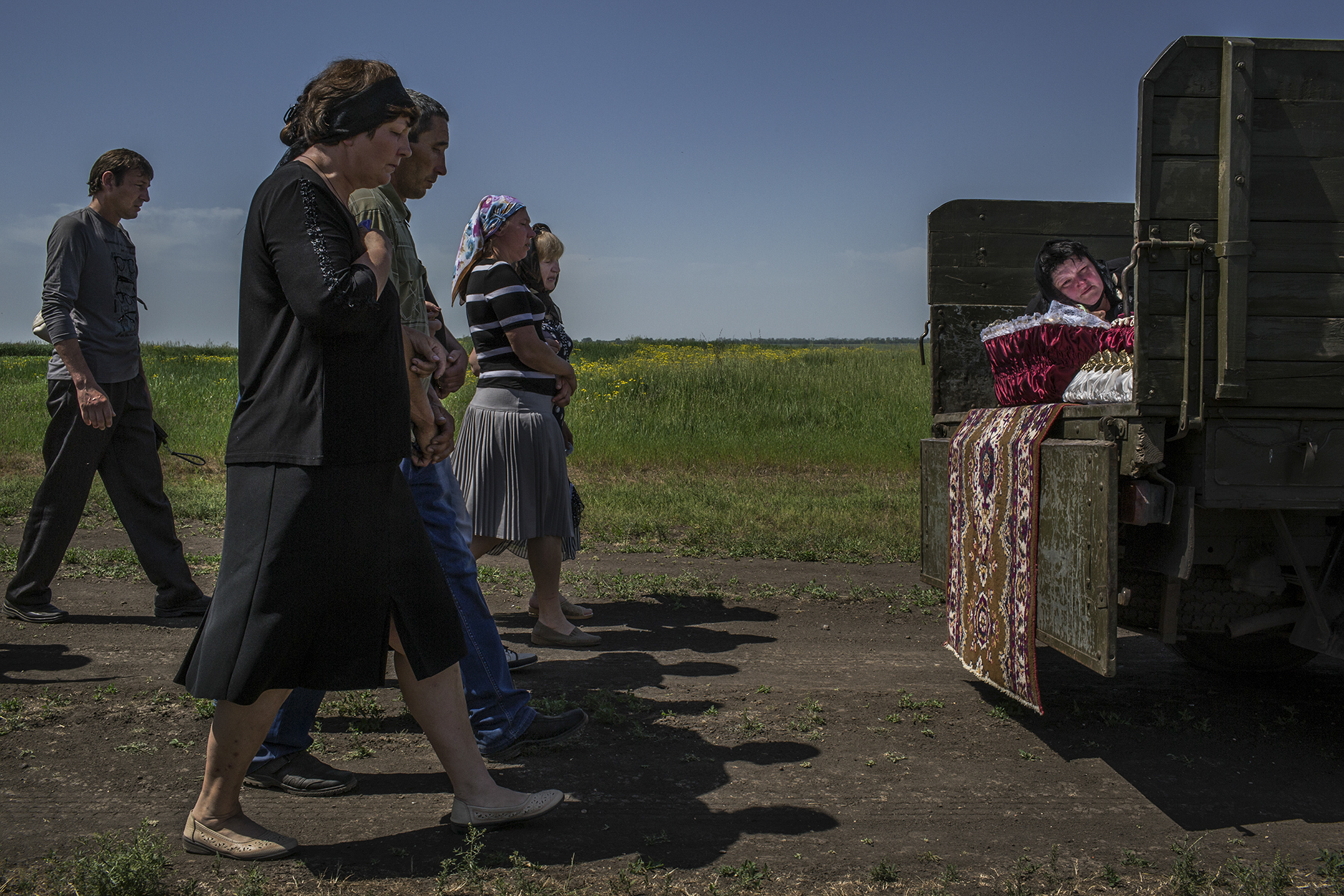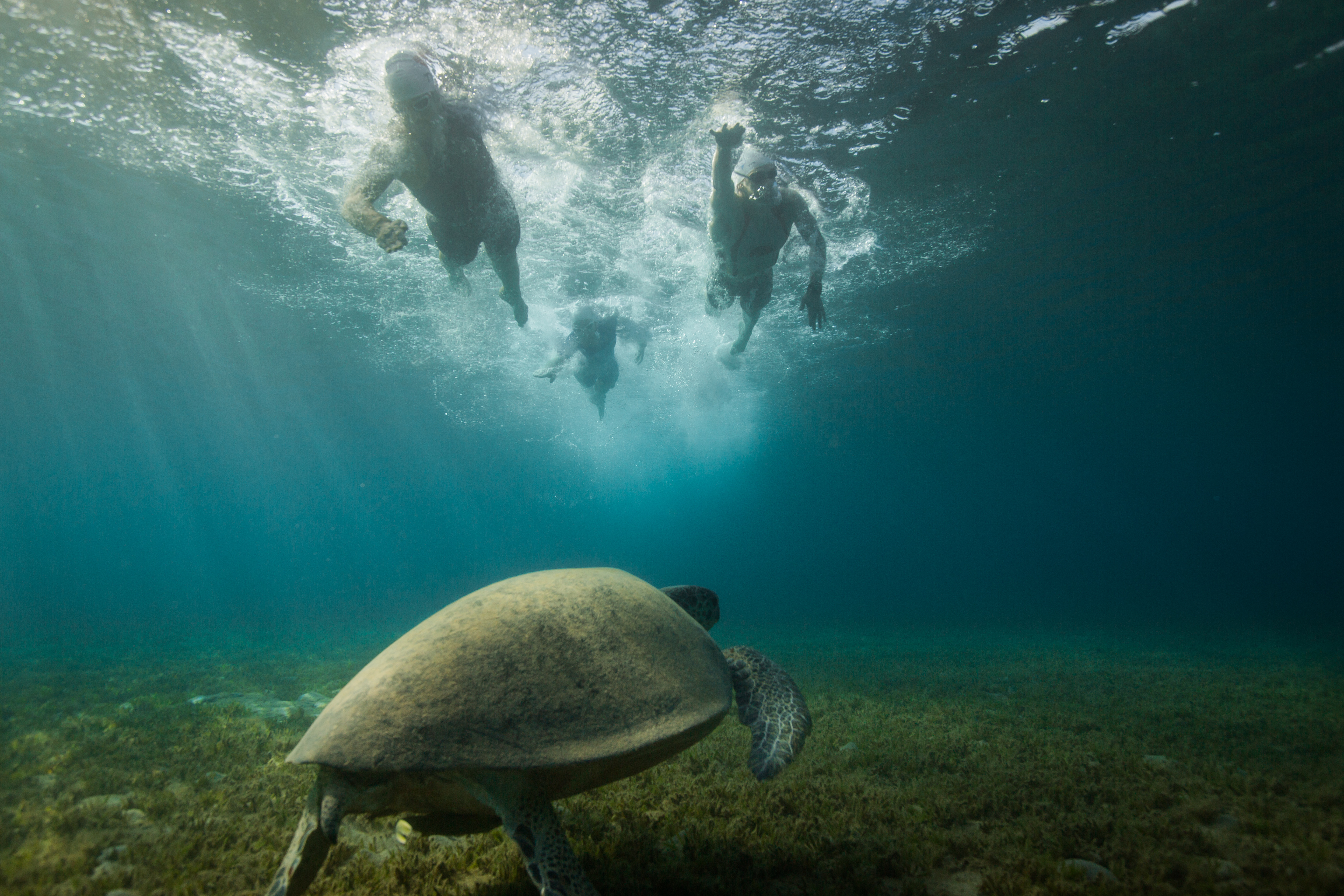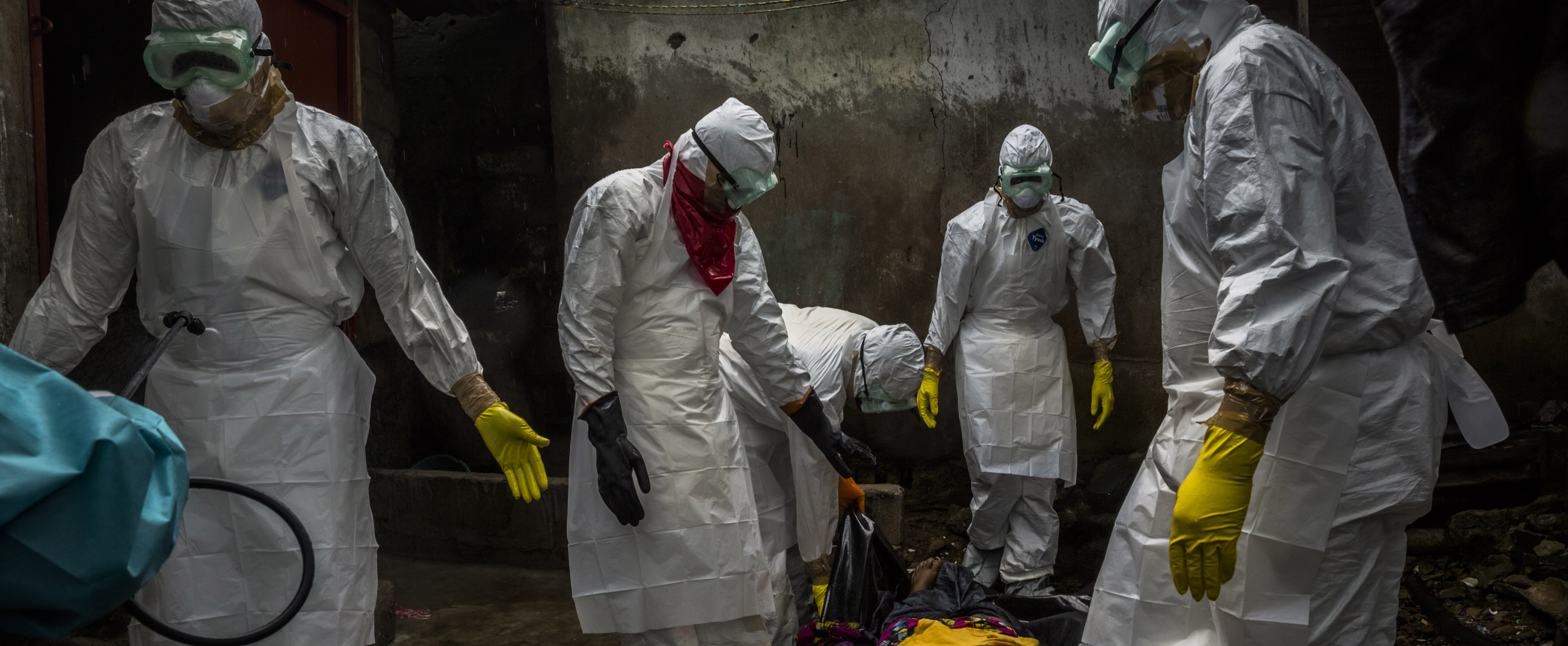
SECOND EDITION JURY

Jassim Al Awadhi, a member of the Ministry of Culture, Youth and Development of the United Arab Emirates, began his studies in 1985 in the United States and achieved a Master of Arts specializing in photography in the United Kingdom. After several jobs in photo industry (Head of Service photo Laboratory of the scientific police, speaker etc..) Jassim began teaching photography at the University of Sharjah in the UAE. Jassim has also organized several photo contests and exhibitions in the heart of Dubai and has received several awards in events such as the Appreciation of Photography Award of the UAE or the 20th UAE Fine Society Golden Trophy. Jassim is an iconic figure and a reference in the art of photography in the United Arab Emirates.

Joined France 24's editorial team in 2011 after an eclectic career taking in, notably, responsibility for editorial management of Michel Drucker's special programs on the French Army on "France 2" and production of programs for the international television group Al Jazzera. In collaboration with fashion photographer Sophie Laporte he designed and produced the short "C France" program, recently aired on the five France Télévisions channels. He is also the writer-director of the documentary "I Am Drinking Stars, The Ultimate Dinner", a historical re-enactment set in the Château de Versailles and is currently supervising a documentary series on UNESCO World Heritage Sites in the Arab countries.

Patrick Baz was born in Beirut in 1963. When war broke out in 1975, he was fascinated by what was happening around him and felt the need to immortalize those events. Lebanon became his playground and he worked as a freelance photojournalist from 1980. His work was published across the world in magazines such as Paris Match, Time, NewsWeek, Stern, Spiegel, L’Express… In 1989, AFP asked him to cover the first Intifada in the Gaza Stip and the West Bank. He also worked on the first Gulf war in 1990 as well as conflicts in Somalia, Bosnia, Iraq and Afghanistan. He is currently AFP director of photography for the Middle East and North Africa and continues to be interested in various conflicts, having recently covered the Arab Spring in Egypt and Libya. He has been a member of the jury for the World Press Photo and the Prix Bayeux-Calvados for war correspondants. He published “Don’t take my picture, Iraqis don’t cry” (Tamyras) in 2009 and won two Pictures of the Year International.

Dimitri Beck is editor in chief of Polka Magazine since 2008. As a founder of Polka (magazine, gallery, iPad and web) alongside the Genestar family, he is also involved in its development. He regularly participates in photos juries and teaches photojournalism and also a speaker in conferences. From September 2004 to the end of 2006, he headed the Aina agency Photo in Afghanistan and Les Nouvelles de Kaboul, an illustrated magazine news in French and English, with collaboration of Afghan and international professionals. In 2004, Dimitri was editor in chief of photo agency Reza, Webistan. From 1998 to 2004, he has produced reports in Central Asia and the Caucasus as an independent journalist. His reports were published in the French and international press.

Ian Berry was born in England. He made his reputation in South Africa. where he worked for the Daily Mail and later for Drum magazine. He was the only photographer to document the massacre at Sharpeville in 1960, and his photographs were used in the trial to prove the victims' innocence. Henri Cartier-Bresson invited Ian Berry to join Magnum in 1962. He moved to London in 1964 to become the first contract photographer for The Observer. Since then assignments have taken him around the world: he has documented Russia's invasion of Czechoslovakia; conflicts in Israel, Vietnam and Congo; famine in Ethiopia; apartheid in South Africa. Ian Berry has also reported on the political and social transformations in China and the former USSR. The major body of work produced in South Africa is represented in two of his books: Black and Whites: L'Afrique du Sud (with a foreword by the then French president François Mitterrand), and Living Apart (1996). His work was published in magazines such as National Geographic, Fortune, Stern, Geo, Esquire, Paris-Match,Life…

Cécile Mégie has been RFI’s Director since October 9th 2012. She joined RFI as a journalist in 1995 and worked for the Europe Service as a reporter covering European affairs and national news in Anglo-Saxon and Scandinavian countries. She then went on to present the morning and midday news before being appointed Deputy Editor-in-chief in 2001, Director of the Economics Department in 2006 and Editor-in-chief in charge of the news in 2008. Cécile Mégie holds postgraduate degrees from Ecole Nationale d’Administration - Cycle of Advanced European Studies of (Class of 2012) and from the CHEDE - Cycle for Advanced Studies for Economic Development (Class of 2008). She is also a graduate of the Institut Pratique de Journalisme, and has a MA in Modern Languages and a BA in German.

After graduating from the Ecole du Louvre, Aurélie Clemente-Ruiz went on to be an art historian specialized in Islamic Arts. As Director for the Exhibits department at the Arab World Institute, she was a curator for exhibits such as “The Golden Age of the Arabic Science" (2005), “Venice and the Orient” (2006), “Bonaparte and Egypt” (2008), “Islamic Arts” (2009) and is currently managing “One upon a time the Orient Express” as well as “Hajj, a pilgrimage to Mecca”. She also is an Islamic art and museology professor at the EAC who has published many articles and book related to those exhibits with Gallimard and Hazan.

Jean-Pierre Vrignaud, journalist and a graduate in Chinese civilizations languages. He began his career in daily newspapers such as Ouest-France and Libération, before joining the magazine sector. He became deputy editor of Max Magazine, then worked for Science et Avenir, Quo, 60 Millions de Consommateurs, L'entreprise en Solo, Courrier Cadres, and Paris-Match. In 2004, he joined Prisma Media and Ca m’intéresse as head of culture department.


